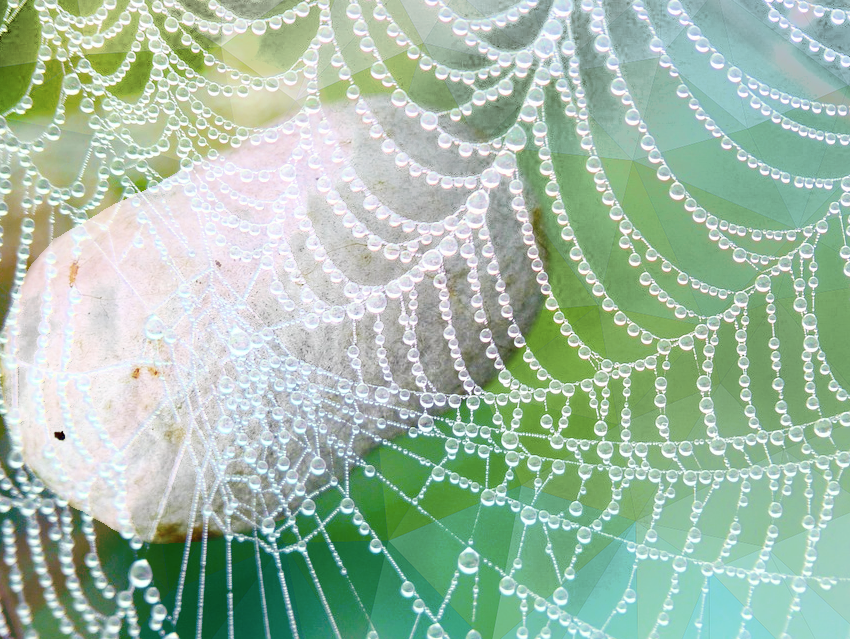Qingyou Xia, Southwest University, Chongqing, China, Qing Meng, Donghua University, Shanghai, China, and colleagues, have synthesized spider silk from genetically modified silkworms. The resulting fibers show impressive tensile strength (1,299 MPa) and toughness (319 MJ/m3), surpassing Kevlar by a factor of six. These findings hold promise for sustainable alternatives to synthetic commercial fibers and the study marks the first successful production of full-length spider silk proteins using silkworms
Currently, silkworm silk is the only animal silk fiber that is commercially produced on a large scale, thanks to well-established rearing techniques. However, its mechanical properties limit its usage primarily to the textile industry. In contrast, spider silk is known for its exceptional strength and elasticity. As a result, research is underway to leverage genetically modified silkworms for the cost-effective, large-scale production of spider silk fiber.
To create spider silk from silkworms, the team inserted genes for spider silk proteins into the silkworms’ DNA, ensuring the expression of these proteins in their glands. This was achieved through a combination of CRISPR-Cas9 gene editing technology and hundreds of thousands of microinjections into fertilized silkworm eggs. Additionally, the researchers had to make “localization” modifications to the transgenic spider silk proteins, allowing them to interact effectively with the silkworm’s silk glands and facilitate proper fiber spinning. To guide these modifications, the team developed a “minimal basic structure model” for silkworm silk.
Unlike previous methods for spinning artificial spider silk, which struggled to apply a surface layer of glycoproteins and lipids to withstand humidity and sunlight exposure, this coud be solvey with the genetically modified silkworms. Silkwormsnaturally coat their own fibers with a similar protective layer.
The exceptional mechanical performance of the fibers produced in this study makes them promising for environmentally friendly alternatives to synthetic commercial fibers like nylon, which release microplastics into the environment and are often derived from fossil fuels, contributing to greenhouse gas emissions. The spun fibers have potential applications in various fields, including (bio)medicine (e.g., surgical sutures), aerospace technology, and the military (e.g., more comfortable garments and advanced bulletproof vests). The researcers are confident that large-scale commercialization is on the horizon, and the incorporation of natural as well as synthetic amino acids holds limitless potential for engineered spider silk fibers with diverse properties.
- High-strength and ultra-tough whole spider silk fibers spun from transgenic silkworms,
Junpeng Mi, Yizhong Zhou, Sanyuan Ma, Xingping Zhou, Shouying Xu, Yuchen Yang, Yuan Sun, Qingyou Xia, Hongnian Zhu, Suyang Wang, Luyang Tian, Qing Meng,
Matter 2023.
https://doi.org/10.1016/j.matt.2023.08.013



